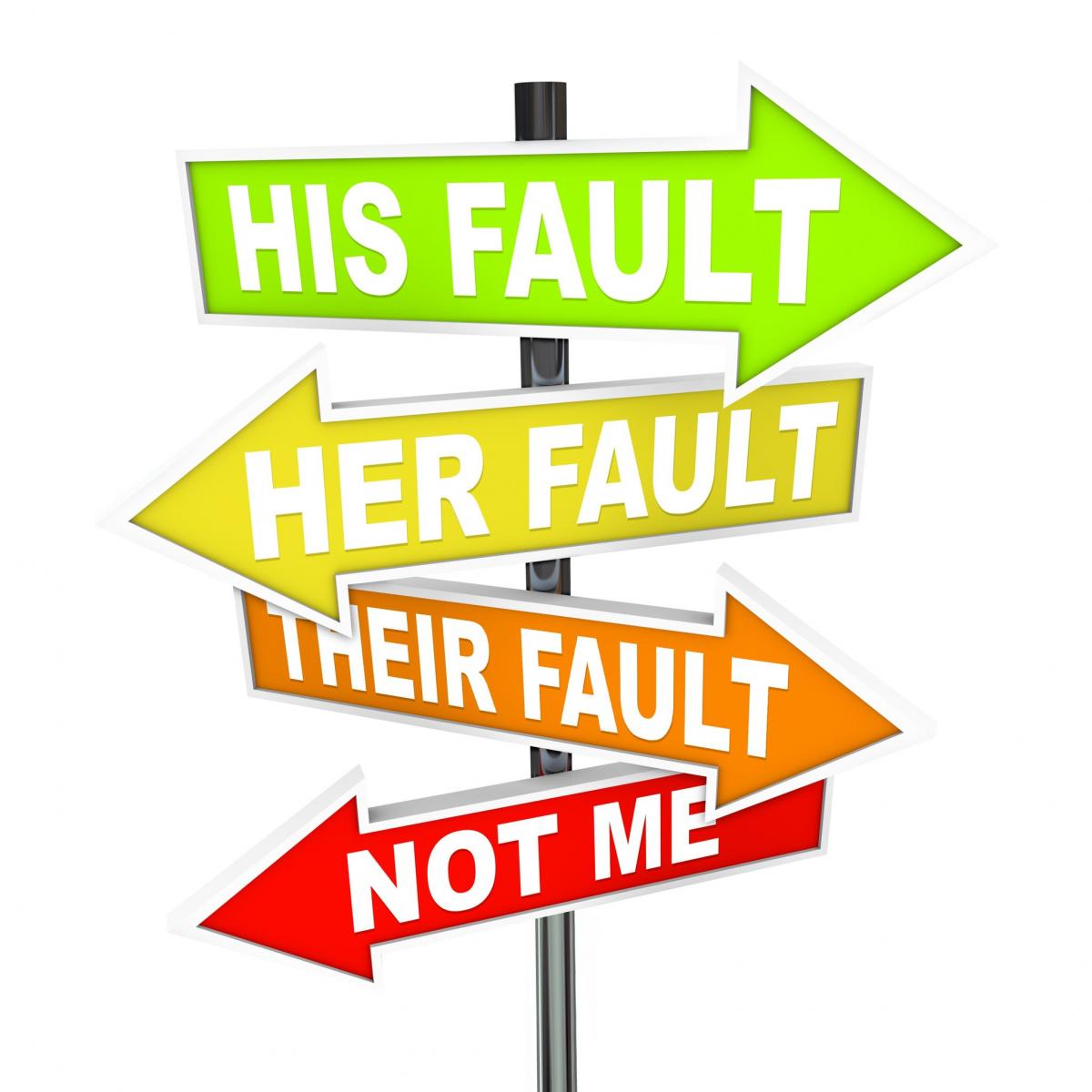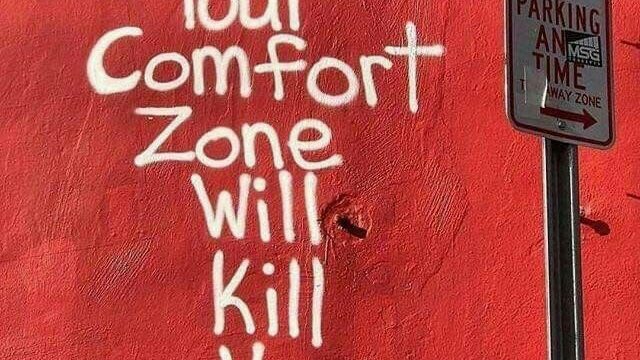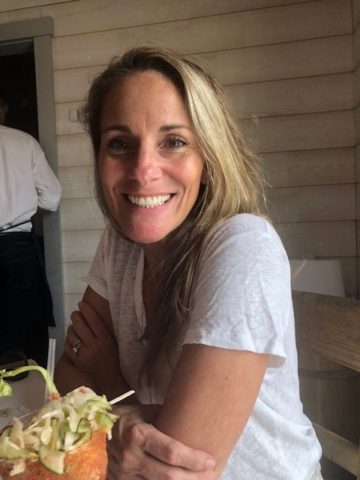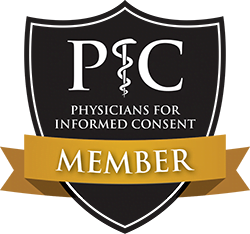I thought a lot about the Black Lives Matter movement as well as Blue Lives Matter, and the fact that it has bombarded us with not just the truth but with even the bias.
The one thing that has struck me is that when we talk about blame and we talk about reparations what we’re missing in total is forgiveness. I think the whole culture of what we are currently living in is a world without God and a world without forgiveness. We have all been sinned against and we have all been sinners. And with that in mind we need to remember the first two commandments:
to love your God with all your heart and all your soul and all your mind and
to love your neighbor as you love yourself
yet recognizing that we’re not capable of those two things because we are sinners we have to then default to our grace, mercy, and forgiveness. For those are the most major concepts of the Bible that we can take and if we live in that place instead of railing against our neighbor for what they owe us, we would be looking at our own sin and wondering how we could change the outcome based on how we respond to the situation.
Remember, it’s been written:
“Why do you look at the speck of sawdust in your brother’s eye and pay no attention to the plank in your own eye?”
Matthew 7:3
Forgiveness is central because in a world without Jesus, we have criteria for forgiving one another and our Bible says this is NOT the way. We forgive even when it seems counterintuitive. Not because we let the sinner off, but because we let ourselves free of our anger. Accountability is not let go. So then you may think: what about reparations? Everyone pays the price of sin–we can really never be restored except in Christ. And when we seek Him, we don’t seek reparations from the world. We seek grace, mercy, love, and forgiveness. When we know Christ, we are grateful for that which we have been given that we don’t look at what has been taken.
When we see these rallies, we see a people crying out to be heard. Crying out for the relationships we are meant to be in with unconditional love–because when we come from a place of unconditional love, we are armored in that love and comforted by it. And to quote Tim Keller, as I frequently do whom I have a lot of gratitude toward as he was my pastor for 13 years:
“To be loved but not known is comforting but superficial. To be known and not loved is our greatest fear. But to be fully known and truly loved is, well, a lot like being loved by God. It is what we need more than anything. It liberates us from pretense, humbles us out of our self-righteousness, and fortifies us for any difficulty life can throw at us.”
–Tim Keller
I love the book Forgiveness by Gary Inrig and have read this book multiple times over the years because it is a continual reminder of God’s Word in my life and I need that continual reminder because forgiveness is SO HARD. The world justifies our anger and lack of forgiveness and even revenge–but the gospel tells us otherwise.
This is why prayer is so important each day. Each morning I wake and pray that I will be humbled. That I will be reminded of how much forgiveness I am in need of so that when I feel the anger, betrayal, and revenge fill me, I can quell it by virtue of the forgiveness I’ve been given and that I am to extend to others.
For if you forgive other people when they sin against you, your heavenly Father will also forgive you. But if you do not forgive others their sins, your Father will not forgive your sins.
Matthew 6:14-15
How do I do that EVERY DAY? It’s not as if it’s one incident I am trying to get through, but so many incidents that life throws at me daily. Every. Single. Day. And yet, there I go, each day, with God’s Word in my mind so that I may be reminded. And unfortunately, even though I am reminded, I don’t always succeed. And my own response to these daily hurls at me is what echoes in my mind. So I pray that next time, having gone through it in my mind, I will be better equipped.
Humility is not thinking less of ourselves, but thinking of ourselves less.
When we blame others, we simply cannot grow. We don’t grow in our capacity to love one another, nor in our capacity to expand our perspective or in our ability to understand the Gospel. We close ourselves off to also being fully loved and fully understood. Living your life blaming others often also leads to other destructive behaviors as we try to cover our shortcomings and insecurities. Being humble and blaming others are opposing to one another, because being humble means getting rid of our pride.
“Do nothing from rivalry or conceit, but in humility count others more significant than yourselves. Let each of you look not only to his own interests but also to the interests of others. Have this mind among yourselves, which is yours in Christ Jesus, who, though he was in the form of God, did not count equality with God a thing to be grasped, but made himself nothing, taking the form of a servant, being born in the likeness of men. “
Philippians 2:3-11
If we are looking out for one another, then we don’t have to be focused on ourselves. And if we are surrounding ourselves with others who are doing the same, then our needs will be met through them as well.
This is Part I in a series on blame and humility








Comment Form